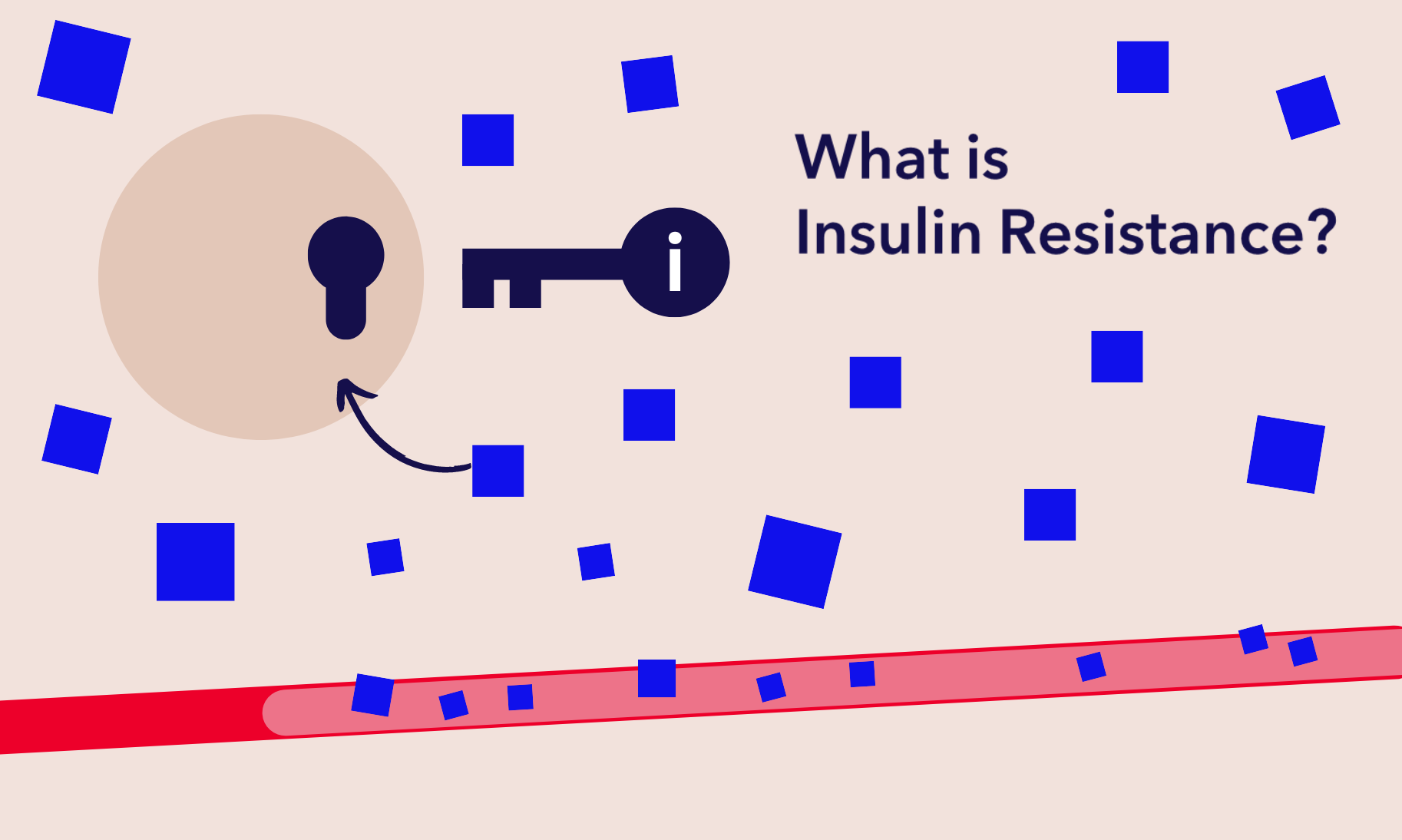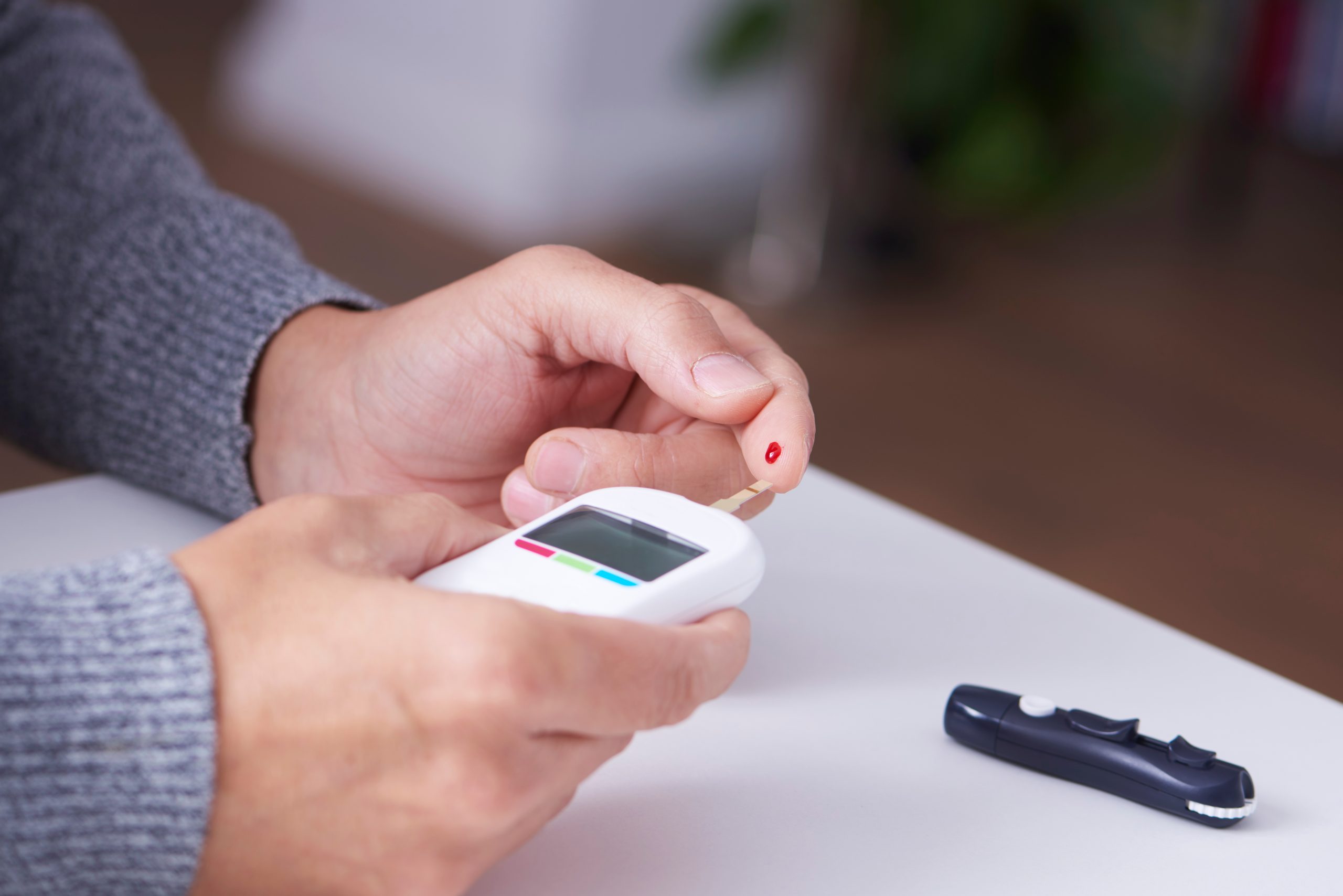Read about Jamie's experience upgrading to the MiniMed 780G system and her first impression using the system.
Learn about how insulin resistance causes your pancreas to produce even more insulin to compensate.
Understand different blood sugar tests, interpretation & effective management. Take charge of your diabetes journey.
Get inspired by Dalton's diabetes journey and experiences with Medtronic. Discover his story, challenges, and join the Medtronic community.
Follow a low carb diet on a budget. Explore money-saving tips and strategies for managing diabetes with low carb meals.
Prepare for flu season and manage diabetes effectively. Discover tips to stay healthy during flu season.
Gain insights from firsthand experiences with every Medtronic infusion set. Discover which one suits your lifestyle best.
If you’ve experienced periodic downturns when diabetes feels more difficult to manage, you might begin to experience “diabetes distress” – and yes, this is a real thing!
Holiday meals wouldn’t be special without a little indulgence. And that’s okay! But you can prepare for a little excessive eating in a way that won’t lead to unexpected hypo- or hyperglycemic events.
In this article, we will focus on systemic (i.e. oral, injected, or inhaled) glucocorticoids that we’ll call “steroids” since these are the most likely to affect glucose levels.
Pagination
- Previous page
- Page 3
- Next page









